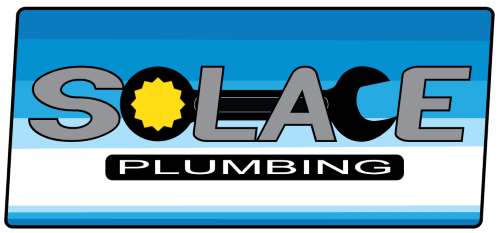When to Skip DIY Plumbing Repairs and Call a Professional
A qualified plumbing team can ensure plumbing installations comply with local codes and regulations, preventing costly mistakes.
DIY projects are a great way for homeowners to save on costs and put their creativity and skills to the test. However, even the most experienced DIY enthusiast knows some tasks require a professional touch. Homeowners should know the difference between common plumbing problems that can be managed independently and situations where it’s best to call an expert.
Understanding the basics of plumbing
Before embarking on any DIY plumbing repair, it's crucial to understand the basics. Know where the main water shut-off valve is located in the home to prevent water damage in case of a leak. Homeowners should familiarize themselves with the different pipe materials and fittings to understand their problems.
Clogged drains
A common plumbing issue is a clogged drain. Before calling for help, give a plunger a try or use a plumber's snake to dislodge the clog. If these tools don't work, chemical drain cleaners can also be effective, but use them sparingly as they can corrode pipes over time. If these solutions don’t work, it’s time to call a local plumber to resolve the issue.
Leaky faucets
Leaky faucets aren't just annoying; they can cause a significant increase in the water bill. Fortunately, they can often be resolved independently. Often, fixing a leaky faucet involves replacing a worn washer or O-ring. Before beginning, turn off the water supply, disassemble the faucet, and replace the defective part. There are many helpful online tutorials for guidance, but a professional plumber can complete the work in a few minutes.
Running toilets
A running toilet can waste tons of water. Many times, it's an issue with the flapper valve, which can be bought at a local hardware store and replaced without too much trouble. Adjusting or replacing the float and fill tube can also solve the problem.
Water heater issues
Water heater problems can be complex and dangerous to tackle without proper knowledge, so any issues with this device should be left to professional care. If there’s no hot water, rusty water, or rumbling noises from the unit, these could be signs of a failing water heater and a professional should be contacted as soon as possible.
Low water pressure throughout the house
Low water pressure in various locations could signify a more serious issue, such as a breach in the main line or sediment build-up in the pipes. This issue is beyond the scope of most homeowners, so should this issue arise, contact a professional plumber for assistance.
Sewage smell or backflow
Unpleasant odors or sewage backing into the home can point to a blocked or damaged sewer line. These issues often require specialized equipment and expertise and can be a health hazard if mishandled, and homeowners shouldn’t try the DIY approach.
Major installations
DIY might seem appealing, but central installations like a new bathtub, shower, or a complete plumbing system overhaul are best left to the pros. A qualified plumbing team can ensure plumbing installations comply with local codes and regulations, preventing costly mistakes.
While DIY fixes are desirable due to their quick and cost-effective nature, some issues require professional attention. Often, homeowners who attempt challenging repairs or installations independently can cause more problems than they started with, so keep these cases in mind to know when DIY is appropriate and when a professional plumber is required.
Solace Plumbing has 26 years of experience offering comprehensive plumbing solutions to Gilbert, AZ, homeowners. We specialize in gas line install and repair, sump pump installation and repair, leak detection and repair, sink installation and repair, and toilet installation and repair. Licensed and insured. 24/7 emergency plumbing services and flexible virtual consultations available. Call today!

